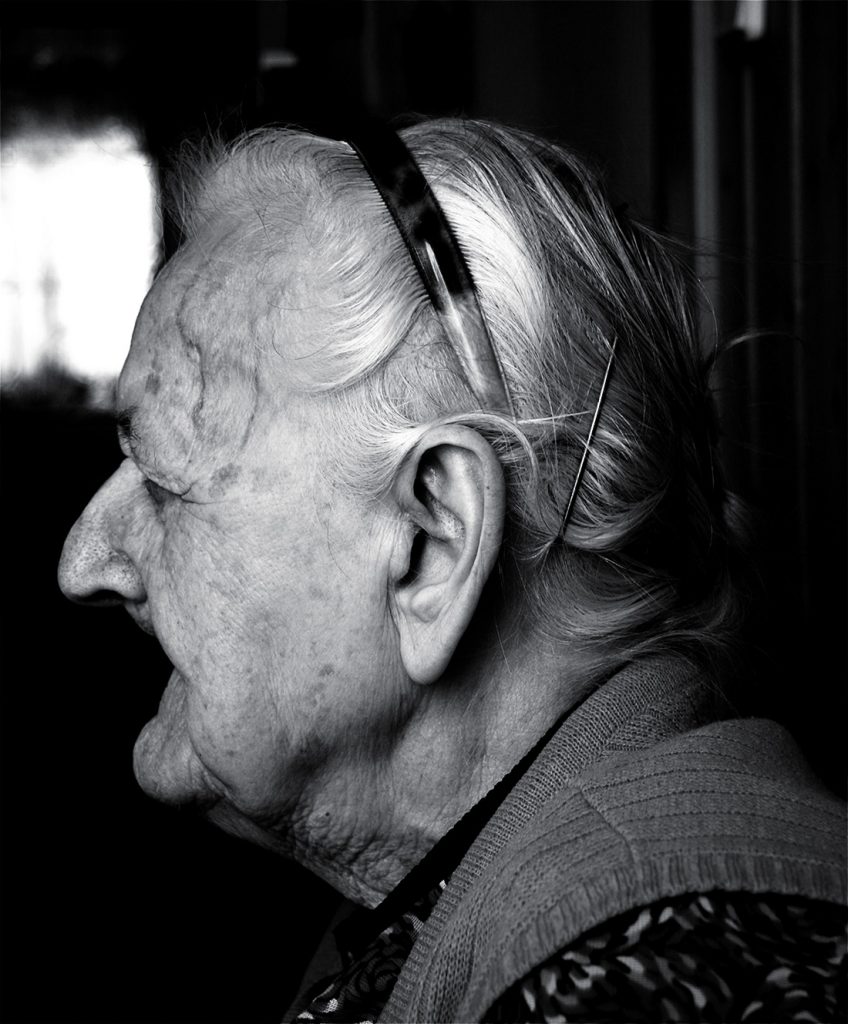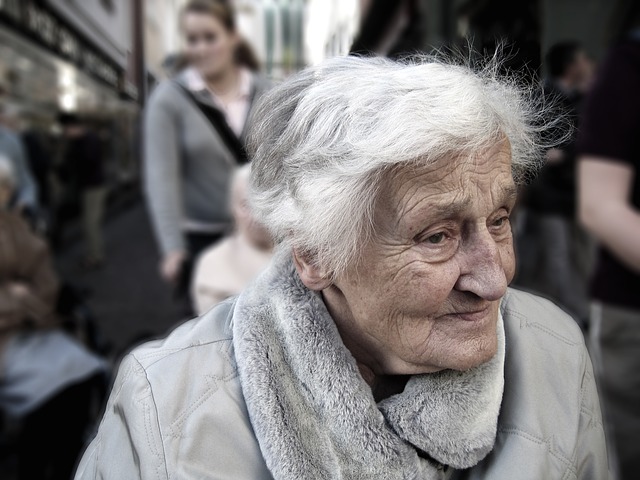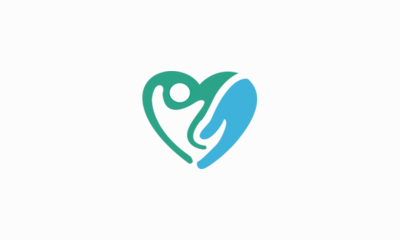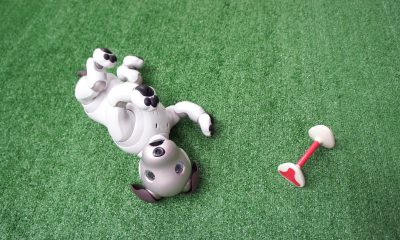What is Dementia and Alzheimer’s Disease?
Dementia and Alzheimer’s Disease is a progressive neurodegenerative disease that causes memory loss and confusion. The diseases also cause major disturbances in mental capacity, mental clarity, and sleeping patterns. Dementia and Alzheimer’s disease prove a challenge to many caregivers who are often family members of the diagnosed.
Dementia is an umbrella category covering progressive conditions that produce symptoms such as memory loss, disorientation, and confusion, all which interfere with the daily functions and living. The disease is caused by brain cell damage, deterioration, and death. Brain cell damage causes memory loss and affects areas of processing such as visual perception, reasoning, communication, and language.
Alzheimer’s Disease is the most common form of dementia, accounting for 60-80% of dementia cases. Other forms of dementia include frontotemporal dementia (FTD), vascular dementia, dementia with Lewy bodies, Korsakoff syndrome, and Huntington’s Disease. There are several early signs to look for if you suspect your loved one is suffering from dementia.
Signs of Dementia
Dementia includes several signs that may be confused with natural signs of aging. Forgetfulness can be normal, but in cases of dementia it can be more severe and unsettling to notice as a family member. Early signs of dementia include difficulty with short-term memory, mood swings, difficulty in completing activities of daily living, confusion, and repetitiveness. When doctors diagnose dementia, they give a standard evaluation examining a person’s abilities and mental capacities.
Memory Tests To Detect Dementia
A doctor may ask questions such as name, birthdate, the day and time, and other mental memory exercises. Doctors will typically administer two common memory tests: the MMSE and the Mini-Cog. The MMSE, otherwise known as the mini-mental state exam, is a questionnaire examining the mental capacities and critical thinking skills of a patient in order to detect the onset of dementia or Alzheimer’s Disease. A Mini-Cog test is also used to examine a person’s mental skills and includes tasks such as drawing a clock and labeling its numbers correctly.
What is Alzheimer’s Disease?
Alzheimer’s Disease is a form of dementia where memory and thinking capacities progressively deteriorate over time, causing problems in day to day functions. When a person has Alzheimer’s Disease, their brain health also deteriorates over time. Brain neurons, which create communication highways between brain cells, stop functioning and die in large numbers. This damages large areas of the brain and creates disruptions in areas such as language and reasoning.
Early Stages
In early stages of Alzheimer’s Disease, a person may still be able to function in everyday activities, but have difficulty with certain tasks involving memory. Early symptoms can include forgetting names, words, phrases, or where important objects are. There could also be difficulty keeping appointments or remembering set plans.

Middle Stages
In the middle stage of Alzheimer’s Disease, symptoms of the disease will be more visible. A person will have more difficulty in everyday activities. The disease can change the brain’s functions in areas of social interaction and in turn, make a person more prone to depression and mood swings. If you notice any odd changes in the person’s character or behavior, this could be pointing to the disease’s progression. Other notable signs include a lack of concentration, inability to recall important details of their personal history, unusual sleep patterns, and disorientation.
Late Stages
During the late stages of the disease, physical functions become severely limited as one struggles with their surrounding environment. A person with late stage Alzheimer’s will struggle with communication, be unable to function on their own, and will need round-the-clock care. Memory care homes are an especially important resource for someone in this stage. These homes specialize in 24/7 care and are focused on the safety of its residents. Facilities are designed to increase familiarity and recognition, as well as decrease wandering behavior.
Treatments for Dementia and Alzheimer’s Disease
There is currently no cure for dementia and Alzheimer’s Disease. However, there are several types of medications that can treat its symptoms. Drugs such as cholinesterase inhibitors help slow down the progression of memory loss symptoms while preventing the breakdown of learning capacities. Memantine is a drug that is used in medium to late stages of Alzheimer’s disease to improve attention, concentration, and reasoning.
Senior Care Center Is Here To Help
If your family member or loved one suffers from dementia or Alzheimer’s Disease, Senior Care Center is here to help. We understand how difficult it is when family members watch their loved ones progress through the stages of dementia and Alzheimer’s Disease. That’s why we’re here to support you by helping you find the best memory care home for your loved one. Senior Care Center’s personal advisors want to help you find the right memory care home where your loved one can thrive and feel safe. Give us a call today at (855) 242-9668 and our advisors want to help you find a home that is perfectly suited for your loved one’s needs.





